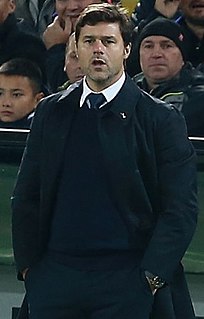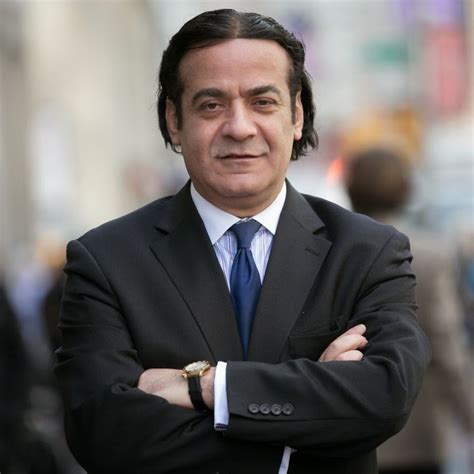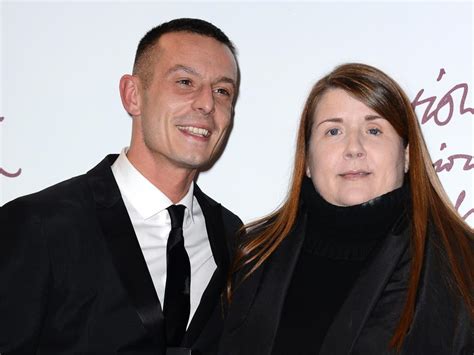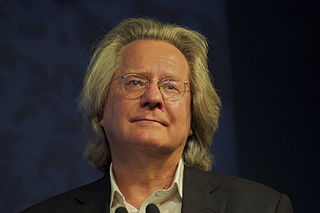A Quote by Brene Brown
To me, constructive criticism is when people take ownership of their ideas. That's why I don't listen to anything that's anonymous. But it's hard; when there's something hurtful out there, I still want to read it over and over and memorize it and explain my point of view to the person.
Related Quotes
My wife told me, "Listen, you have to do something big, beautiful story." I remember that I read The Shack script and I told her that there is a big message over here, and as a Jew, I read the script, and I didn't see anything that connects to religion. It's not about religion, it's about faith, it's about God, and I connected with it, because from my point of view, there is God in this world.
My mom used to tell me stories at night, read books to me - and I read 'em over and over and over again. And you know what I learned from that? I went back and looked at everything - Why do I like reading the same stories over and over and over again? What, was I some kind of nincompoop? No - the narrative gave me connection with my mom.
All I'm doing, all I have done for 40 years, is spend time with the best scientific experts, gain their confidence, and take advantage of their patience in explaining things to me over and over again in progressively simpler language that I can understand, so that I can read it back to them and get their sign off, where they say, "Yep, that's it, Al. You've got it." When I understand it, I know I can explain it to other people. When the scientists' predictions end up being true, I see that as an opportunity to say to people, "Listen carefully to what they're saying now."
There are records I'll listen to one time and zero in on what's happening, and then I'll listen again to something I didn't notice the first time. The art of making records is something like this: you want to provide a multiplicity of experience in a single object, which is to say you want layers so that people can revisit and have something revealed to them that wasn't apparent the first time. We often will listen to the same music over and over again, and that tells you something, too.
Students may feel the criticism is harsh, but I think it's possible they haven't had criticism before. It's my job to point out when something is badly done, or when there's no point of view. To build a brand you have to have something about you. If not personality, then some thought process. I'm 40, and they're young, so they're meant to be informing me. They should be bringing me a book or something that I haven't seen, not like some obscure chant book by Dominican monks, but an image of the way they see the world.
Adrian shook his head, still smiling. "I've said over and over, I'd do anything for you. I just keep hoping it'll be something like, 'Adrian, let's go hot tubbing' or 'Adrian, take me out for fondue.'" "Well, sometimes we have to--did you say fondue?" Sometimes it was impossible to follow Adrian's train of thought. "Why in the world would I ever say that?" He shrugged. "I like fondue.
Like in comedy, you know the names of the people who steal things that others work really hard on. It really sucks. And, in magic, it's not just the hard work of getting the words and attitude and point of view right; you're taking an actual invention, making something over three or four years, and somebody can just take it.
One of the disadvantages of poetry over popular music is that if you write a pop song, it naturally gets into people's heads as they listen in the car. You don't have to memorize a Paul Simon song; it's just in your head, and you can sing along. With a poem, you have to will yourself to memorize it.


































